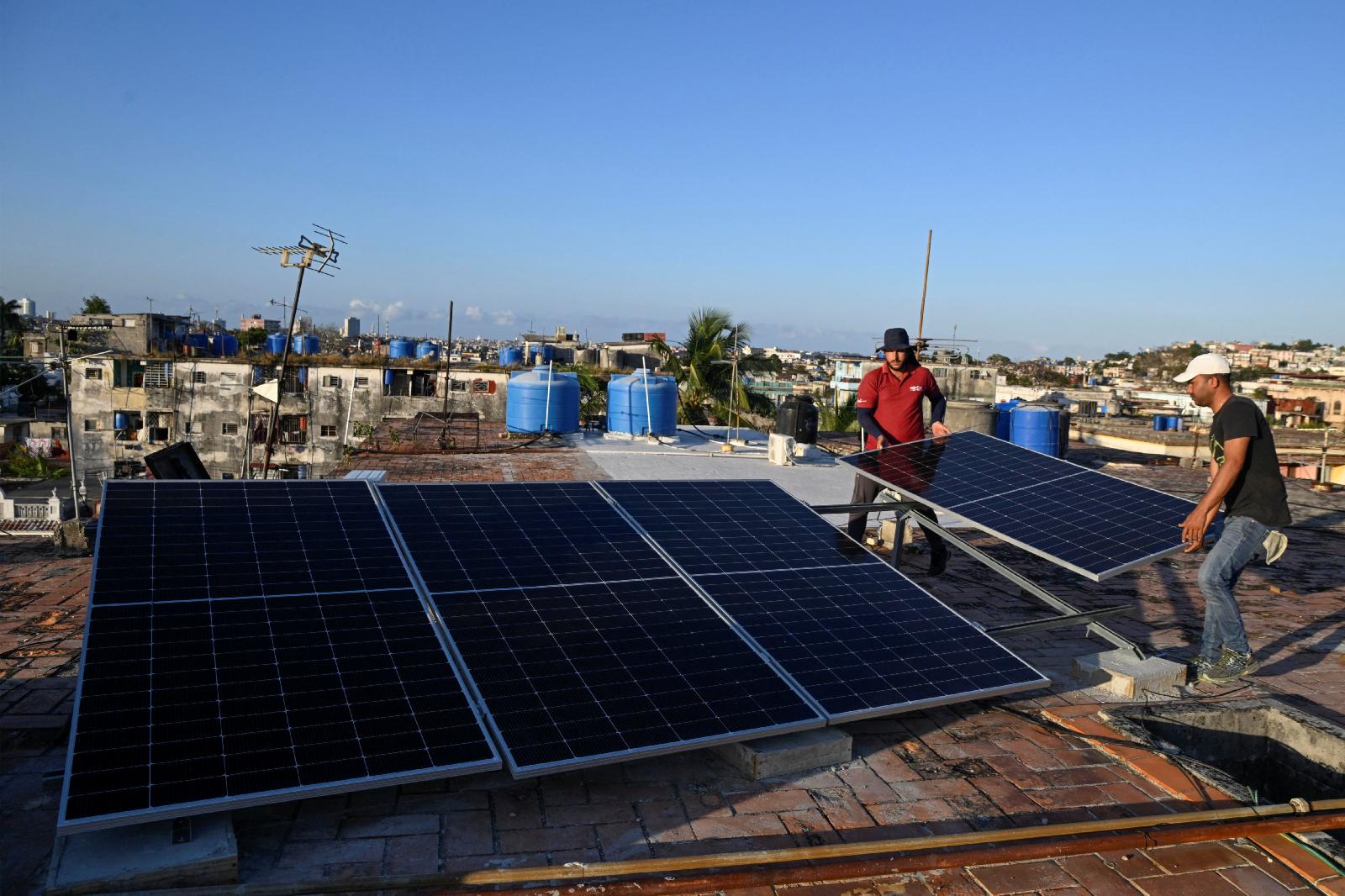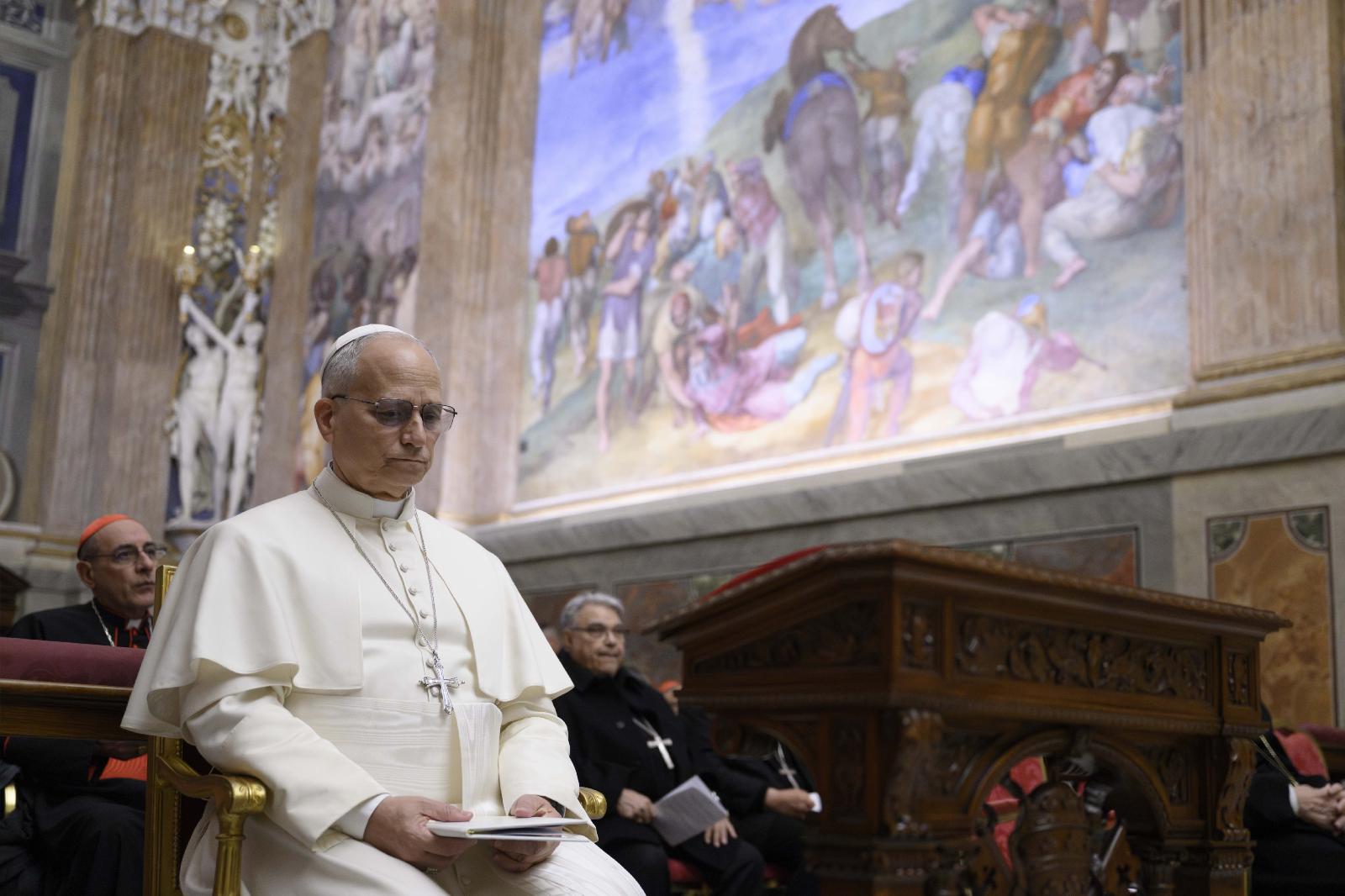How a ‘veggie burger’ ban nobody wanted became one Brussels might actually pass
The next time your favorite veggie burger quietly rebrands itself as a “plant-based patty,” you now know who to thank: Céline Imart.
The grain farmer from southern France, now a first-term lawmaker in the European Parliament, slipped a ban on meaty names for plant-based, fermented and lab-grown foods into an otherwise technical measure.
Inside the Parliament, it caused a minor earthquake. Her own group leader, German conservative Manfred Weber, publicly dismissed it as “unnecessary.” The group’s veteran agriculture voice, Herbert Dorfmann, voted against it. Diplomats from several capitals shrugged it off as “silly” or “just stupid.”
And yet, as negotiations with EU governments begin, the amendment that everyone assumed would die in the first round is still standing — not because it has a powerful constituency behind it, but because almost no one is expending political capital to bury it.
That alone says something about where Europe’s food politics are drifting.
A fight about more than labels
Imart insists the amendment isn’t an attack on innovation, but a gesture of respect toward the farmers she represents.
“A steak is not just a shape,” she told POLITICO in an interview. “People have eaten meat since the Neolithic. These names carry heritage. They belong to farmers.”
She argues some shoppers genuinely confuse plant-based and meat products, despite years of EU surveys showing consumers largely understand what a “veggie burger” is. Her view, she argues, is shaped by what she hears at home.
“Maybe some very intelligent people never make mistakes at the supermarket,” she said, referring to Weber and Dorfmann. “But a lot of people in my region do. They don’t always see the difference clearly.”
In rural France, where livestock farming remains culturally central, Imart’s argument resonates. Across Europe, similar anxieties simmer. Farmers say they feel squeezed by climate targets, rising costs and what they see as moralizing rhetoric about “healthy and sustainable diets.”
The EU once flirted with promoting alternative proteins as part of its Green Deal ambitions.

Today, that political moment has mostly waned. References to “protein diversification” appear in draft strategies only to be scrubbed from the final text. Public support remains dwarfed by the billions the Common Agricultural Policy funnels to animal farming each year. Agriculture Commissioner Christophe Hansen has spent most of the year soothing farm anger, not pushing dietary change.
This helps explain why an idea dismissed as fringe suddenly doesn’t feel fringe at all. Imart’s amendment taps directly into a broader mood: Defend the farmer first; innovation can wait.
Boom and backlash
The industry caught in the crossfire is no longer niche. Retail sales of meat and dairy alternatives reached an estimated €6-8 billion last year, with Germany alone accounting for nearly €2 billion. Fermentation-based dairy substitutes are attracting investment, and even though cultivated meat isn’t yet authorized in the EU, it has already become a regulatory flash point.
But the sector remains tiny beside the continent’s livestock economy, and is increasingly buffeted by political headwinds.
After two years of farmer protests and fatigue over climate and environmental reforms, national governments have closed ranks around traditional agriculture. Countries like Austria, Italy and France have warned that novel foods could undermine “primary farm-based production.” Hungary went even further this week, voting to ban the production and sale of cultivated meat altogether.
For alternative protein companies, the irony is hard to miss. They see their products as both a business opportunity and part of the solution to the food system’s climate and environmental footprint, most of which comes from animal farming. Yet they say politics are now moving in the opposite direction.
“Policymakers are devoting so much attention to unnecessary restrictions that would harm companies seeking to diversify their business,” said Alex Holst of the Good Food Institute Europe, an interest group for plant-based and cultivated alternatives. He argued that familiar terms like “burger” and “sausage” help consumers understand what they’re buying, not mislead them.
Why the naming ban won’t die
The political climate explains why Imart’s idea suddenly resonates. But Brussels lawmaking procedure explains why it might survive.
At the negotiating table, national governments are consumed by the Parliament’s more disruptive ideas on market intervention and supply management, changes they fear could distort markets and limit the authorities’ flexibility to act. Compared with those fights, a naming ban barely registers. Especially in an otherwise technical reform of the EU’s Common Market Organisation, a piece of legislation normally reserved for agricultural specialists focused on crisis reserves and market tools.
That gives the amendment unusual space. Several diplomats privately complained it sits awkwardly outside the scope of the original European Commission proposal. But not enough to coordinate a pushback.
The Commission, meanwhile, has signaled it can “live with” stricter naming rules, having floated narrower limits in its own post-2027 market plan. That removes what might have been the decisive obstacle.

Even translation quirks, like the fact that “filet,” “filete” and “fillet” can mean different things across languages, haven’t slowed it. Imart shrugged those off: “It’s normal that texts evolve. That’s the point of negotiation.”
Whether the naming ban makes it into the final law will depend on the coming weeks. But the fact it is even in contention, after being mocked, dismissed and rejected inside Imart’s own political family, is telling.
In today’s Brussels, appeals to heritage and identity land more softly than calls for food system innovation. In that climate, that’s all even a fringe idea needs to survive.




















:quality(85):upscale()/2025/08/14/650/n/1922283/470aeb83689df49cdc1bb6.14084110_.jpg)
:quality(85):upscale()/2023/10/03/668/n/1922283/1f15c8a9651c2d209e5eb5.32783075_.jpg)
:quality(85):upscale()/2025/09/09/891/n/1922283/7222624268c08ccba1c9a3.01436482_.png)
:quality(85):upscale()/2023/09/18/918/n/1922398/a1136b676508baddc752f5.20098216_.jpg)
:quality(85):upscale()/2025/10/09/670/n/1922283/00b944c868e7cf4f7b79b3.95741067_.jpg)
















